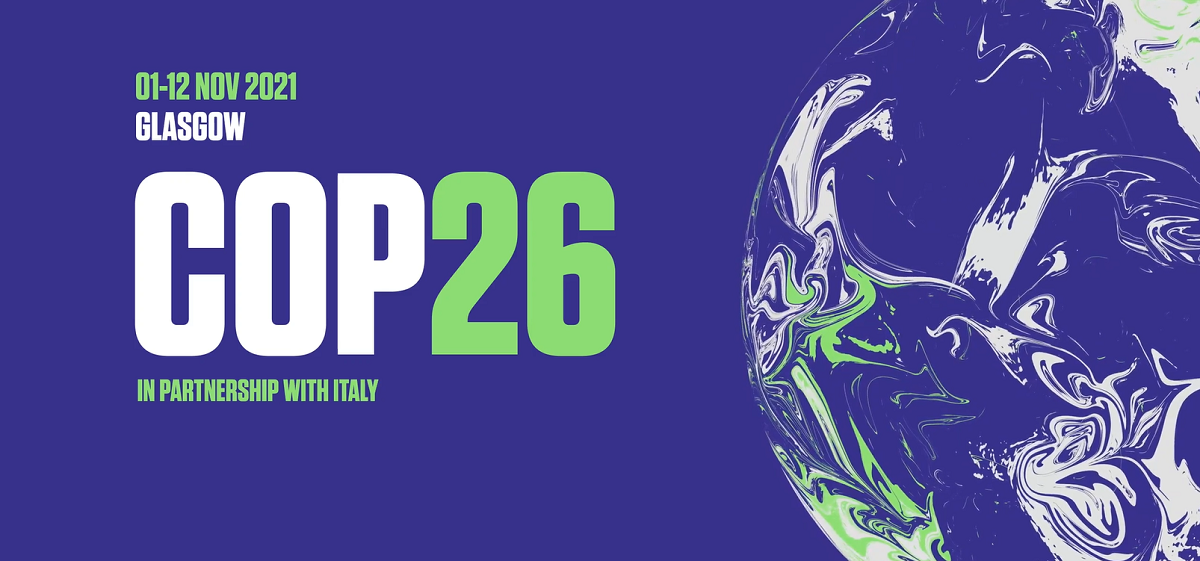
In a few weeks’ time, the nations of the world will gather in Glasgow in Scotland for the CoP26 UN sponsored climate change conference. (CoP is Conference of the Parties, when the 197 nations of the UN gather to discuss climate change. This year’s meeting is the 26th such meeting since 1995). This conference is considered the most significant since Paris in 2015 and will set the direction and framework for climate action for the next ten years or so. Climate scientists have indicated in the latest Intergovernmental Panel on Climate Change report that this period is crucial if we have any chance of limiting global warming to under 2OC.
Australia is considered a laggard on climate change, along with Saudi Arabia, Iran and Brazil. This is because we have no commitment to reach net zero carbon emissions by 2050 and steadfastly boast that we are doing our fair share by a 26-28% reduction in emissions by 2030 compared to 2005. Note that most of this reduction – if achieved – will come from changes in land clearing (i.e. cutting down less forest than planned). Our reduction in actual CO2 emissions is forecast to be less than 5% by 2030. By contrast, most other developed countries propose to reduce their actual carbon emissions by 40-70% by 2030.
Is this a wise course of action for Australia to take? We are already the driest continent on earth (other than Antarctica), already suffer from major bushfires and flood damage from cyclones, and already experience extended and crippling droughts – all of which are expected to worsen considerably as the global climate continues to warm. So we are committing ourselves – as well as the rest of the world – to a dangerously warm future. The excuses trotted out by our Federal government are that they will not commit Australia to an open-ended program that could cost billions and cost jobs in coal mining. A detailed roadmap is needed to allow for accurate forecasts of likely costs. Yet this same government has just signed us up to a completely open-ended program to build nuclear powered submarines with no costing (except that it will be well north of $100 billion) and no timeframe and only a vague promise on jobs.
The book of James contrasts two types of wisdom – earthly and godly. Earthly wisdom is characterised by selfish ambition, boasting and lies, while godly wisdom is characterised by gentleness, peace and mercy. Here peace refers to the Hebrew concept of shalom, where every person and every part of creation knows their place and enjoys the blessing of living a healthy and fruitful life. It seems that Australia is choosing the way of earthly wisdom – recklessly ignoring the warnings of climate scientists and foolishly locking in a destructive future for our planet. Pray for a late change of heart and the setting of a realistic but ambitious target to reduce our emissions.
